For me, Dostoyevsky is the ability to forgive, to accept people as they are. The clarity of the images. The clarity of the idea. The depth of the idea. The internal dynamics.
Whether Dostoyevsky is suitable for a film adaptation? Modern cinema uses external dynamics. But philosophy has the leading role in Dostoevsky’s works. How can the internal drama be expressed with cinematographic techniques? With simplification? It will not be Dostoyevsky. We have to rely on depth. The plot can be as lyrical and structurally complex as his original works and retain his basic ideas. The richness of the characters can be implied with fine nuances. To make the film true to the spirit of the author and understandable to the public, we have to rely on the concept of the ideals that guide some of the main characters. In his work almost always there is a “man with a capital letter” and clearly but unobtrusively shines the personality of the author – intellectual and sensitive.Reading Dostoyevsky, you come across and into a world of mystery and wonder. You live in a parallel reality – not the reality that is around you.
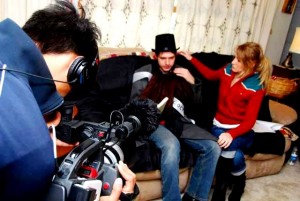 Rehearsal – “Notes from the New World” – the movie. |
We used to live without a second thought. With positive “thinking” or without it, no matter. This is the existence of the modern man–the man who acts according to the rules (generally) without “overreacting,” or more accurately, without being very sincere. In fact, without being himself. He wants only to make life easier and more convenient, to avoid complications. When you read Dostoevsky, you can remember that once you could think. And you can start thinking again.
What do we learn from Dostoyevsky? That things are not black and white. This is a sufficient reason to read Dostoyevsky. Most of our problems come precisely from the feeling that things are black and white. Some people believe that if we dissertate simply, we will be happier. I do not think so. The richness of life lies in the wealth of emotions–if you cannot see it, you become an unthinking robot (actually a comparison with a robot may be late because science fiction writers already attribute feelings of robots).
Perhaps the young and fragile mind cannot understand the complexity and beauty of the works of Dostoyevsky. But the mature man with full force can experience the enjoyment and benefits of reading his works.
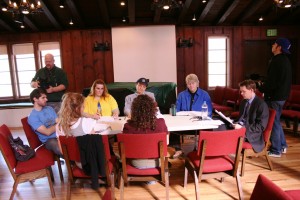 VM Productions: “Notes From the New World” – Rehearsal. Reading Dostoyevsky.
|
Today, many people talk about positive thinking. Not in this plan, but Dostoyevsky certainly has positive thinking because he believes in man.
About adaptations, I think that they will not be the same as the books, but they have their importance.
If they put properly themes.
If with the provocativeness of the characters they evoke thinking that is needed to understand the ideas of Dostoevsky.
I watched two adaptations of Idiot by Dostoyevsky so far by Ivan Piriev and Vladimir Bortko (click on “Watch on YouTube” then click on CC button on the lower right corner of each screen for English subtitles):
– they ask questions.
– questions which the genuine literature sets out.
– questions which Dostoyevsky sets out.
Want to know more about the films we make? Sign up to learn more about our methods, our projects, the upcoming premieres and grab our FREE e-book (click on the cover below)!

 Follow us through our social media on Twitter, Facebook, Google+, Pinterest, Tumblr, Instagram and Goodreads
Follow us through our social media on Twitter, Facebook, Google+, Pinterest, Tumblr, Instagram and Goodreads
We hope to see you back here soon!-

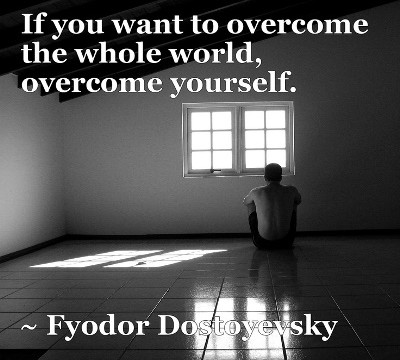

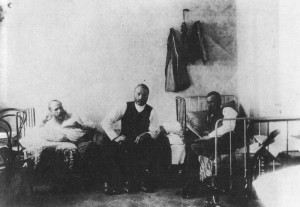
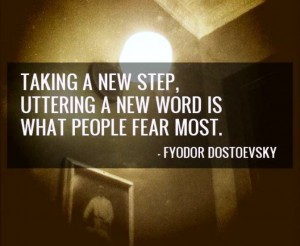
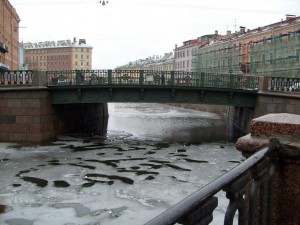
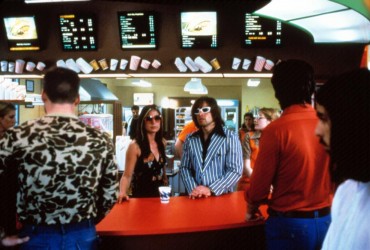
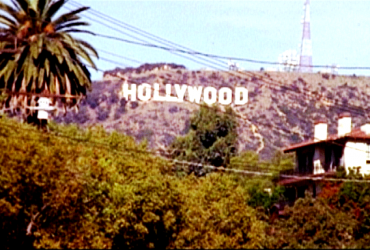


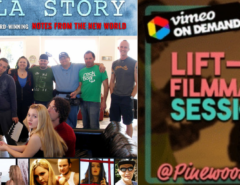
Leave a Reply